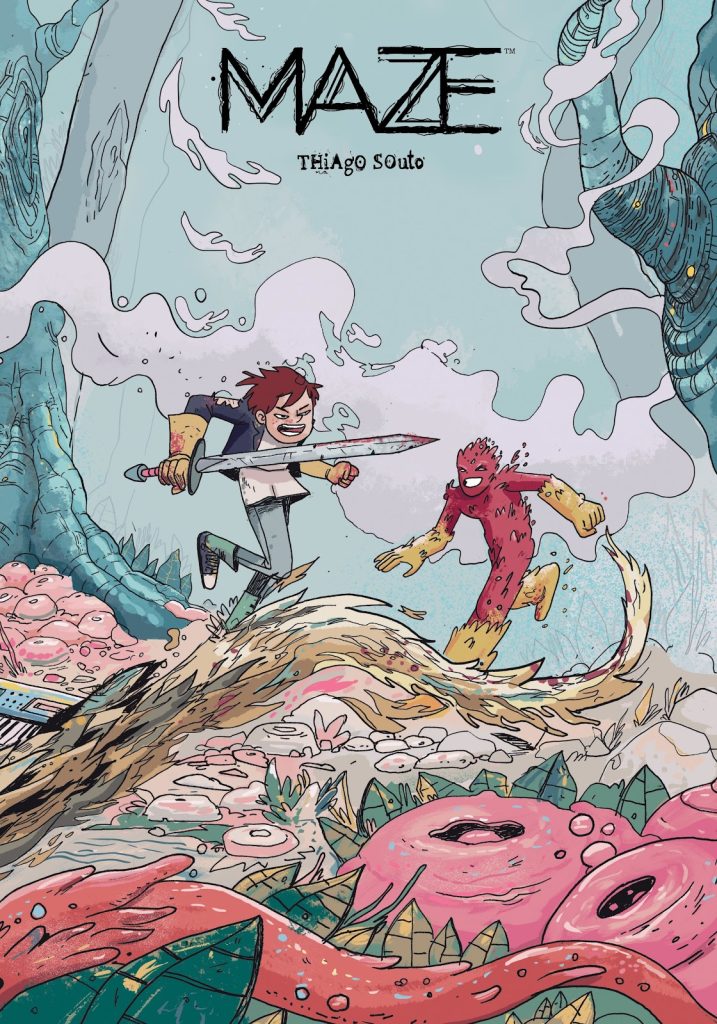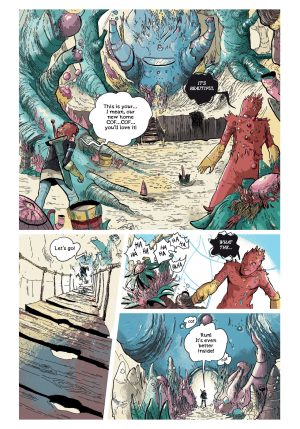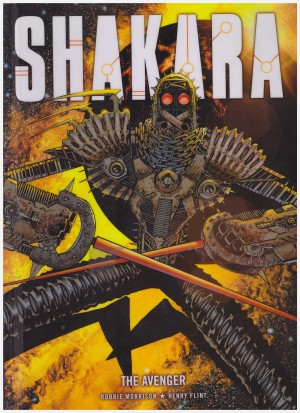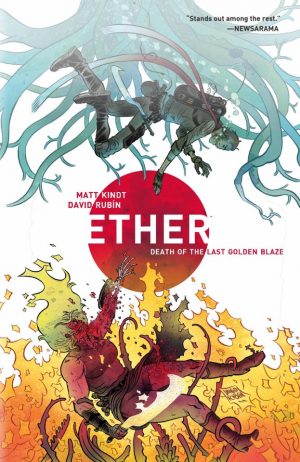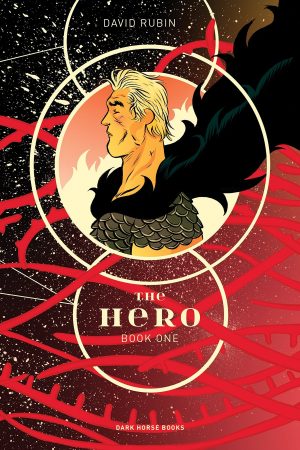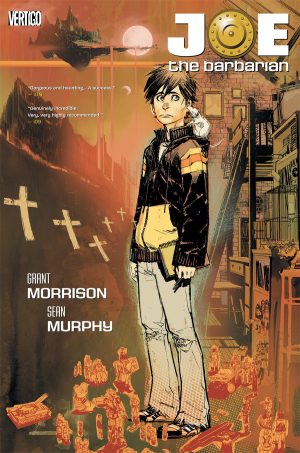Review by Ian Keogh
Maze’s cover in no way misrepresents the content, but it does make it seem another entry in the growing young adult fantasy market. It’s not. It would take an extremely precocious early teen to read below the surface to figure out what’s happening, and at the start even adults might need to consult the back cover blurb for an explanation. So instead Maze falls into that rarer category of books starring a child, but actually aimed at adults.
Over dark opening pages Thiago Souto presents a disturbing, nightmare world of familiar objects seemingly discarded in a twisted cavernous darkness. In one sense it’s symbolic, but it’s also the dream realm Nico visits each night, hanging out with his pal Górek, seen on the cover as some twisted version of the Flash, and his flying dragon Falcor. However after a series of shared adventures Nico doesn’t return as promised, and after waiting a considerable time Górek goes in search of his friend.
Maze begins in the dream realm, then supplies some adventures Nico and Górek have shared, in which puzzling aggressive voices intrude, using offensive language. These are the clue as to what Nico’s unfortunate reality is like.
Explorations of dream worlds are usually viewed through the eyes of the dreamer, not their creation, so the novelty of Górek as protagonist is considerable. He carries a great sadness, not understanding the limitations of his world, but also possesses the grit and determination to break through the symbolism and allegory Souto throws in his way. It’s obvious to anyone other than Górek that Nico isn’t well, and it’s eventually obliquely mentioned in passing that he’s lapsed into a coma, in which dreaming isn’t possible. It hangs a tension over what follows as Górek gradually discovers what to him are more and more unpalatable truths and eventually the inversion of dreams.
Souto’s imaginative art is integral. He supplies strange environments, none of them comforting, and some almost abstracted, as Górek continues his quest, and even what’s more recognisable, such as homes, is given a dark twist.
Eventually Maze boils down to the power of dreams to inspire and heal. What would otherwise just spell out what some readers have already surmised, is given an extra dimension via Górek’s own struggle, and by the end you’ll have difficulty holding back the tears. It’s a winner.
